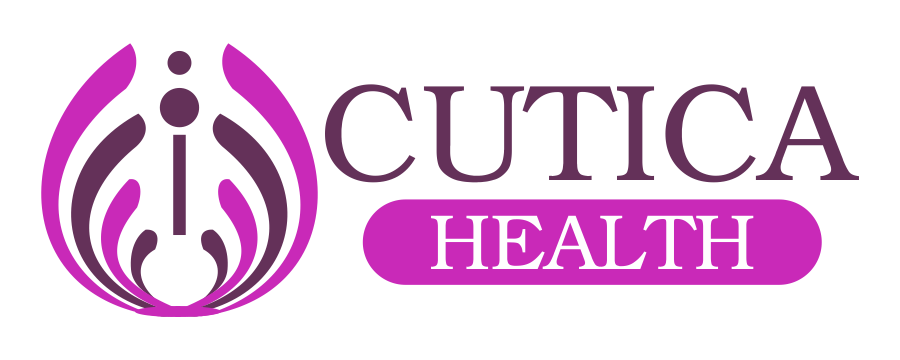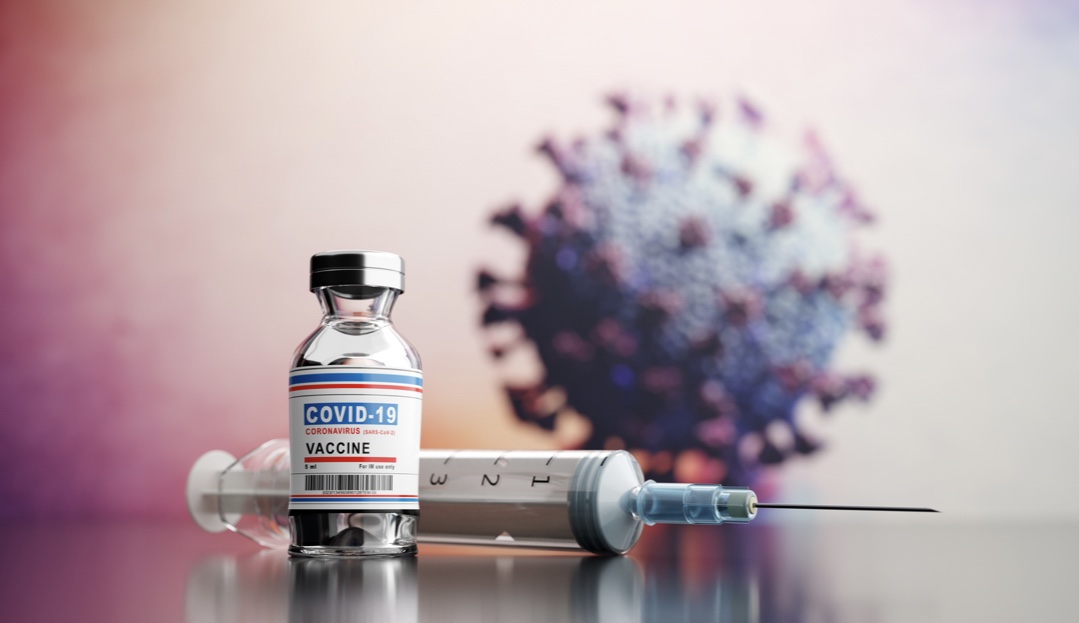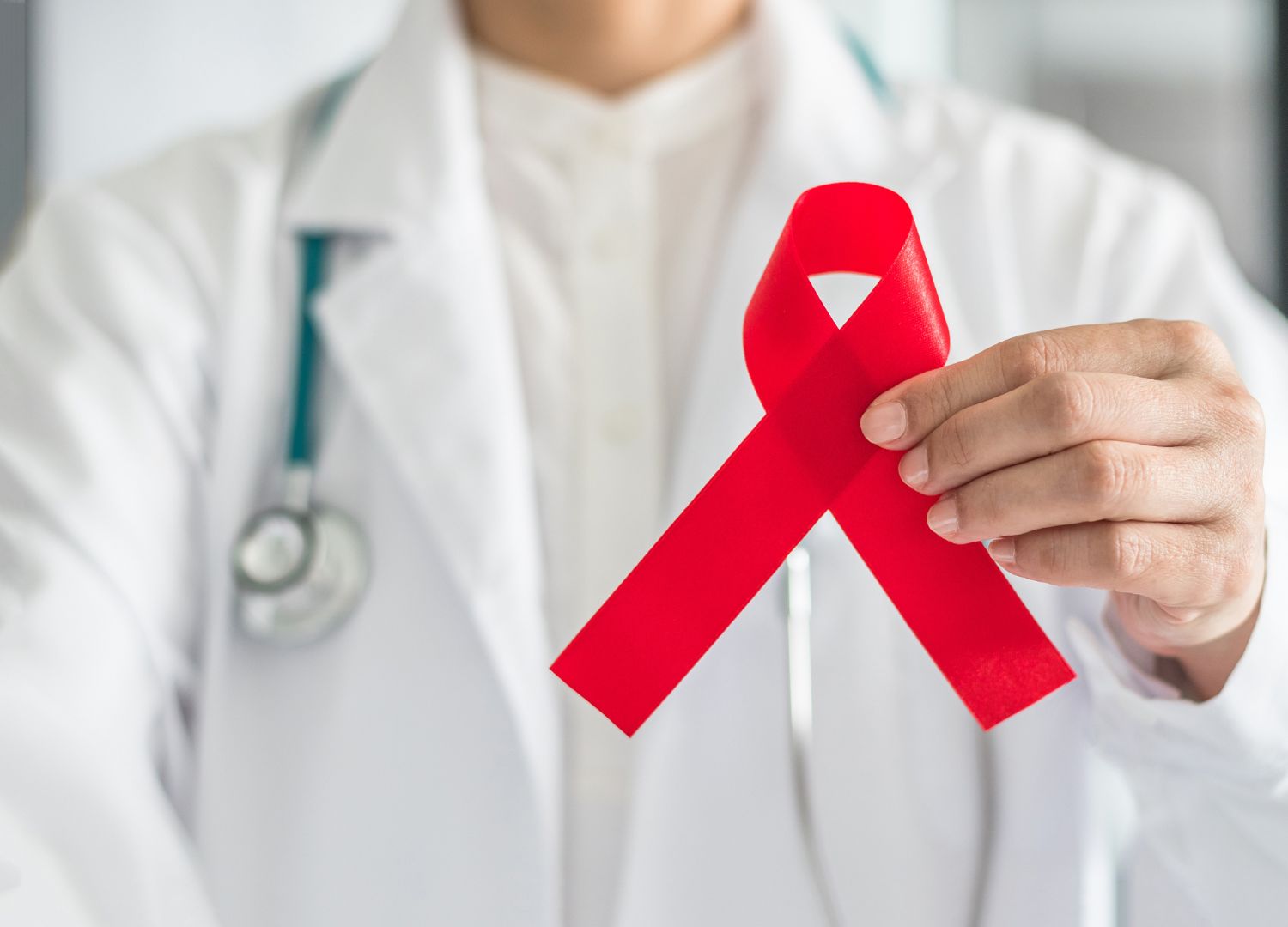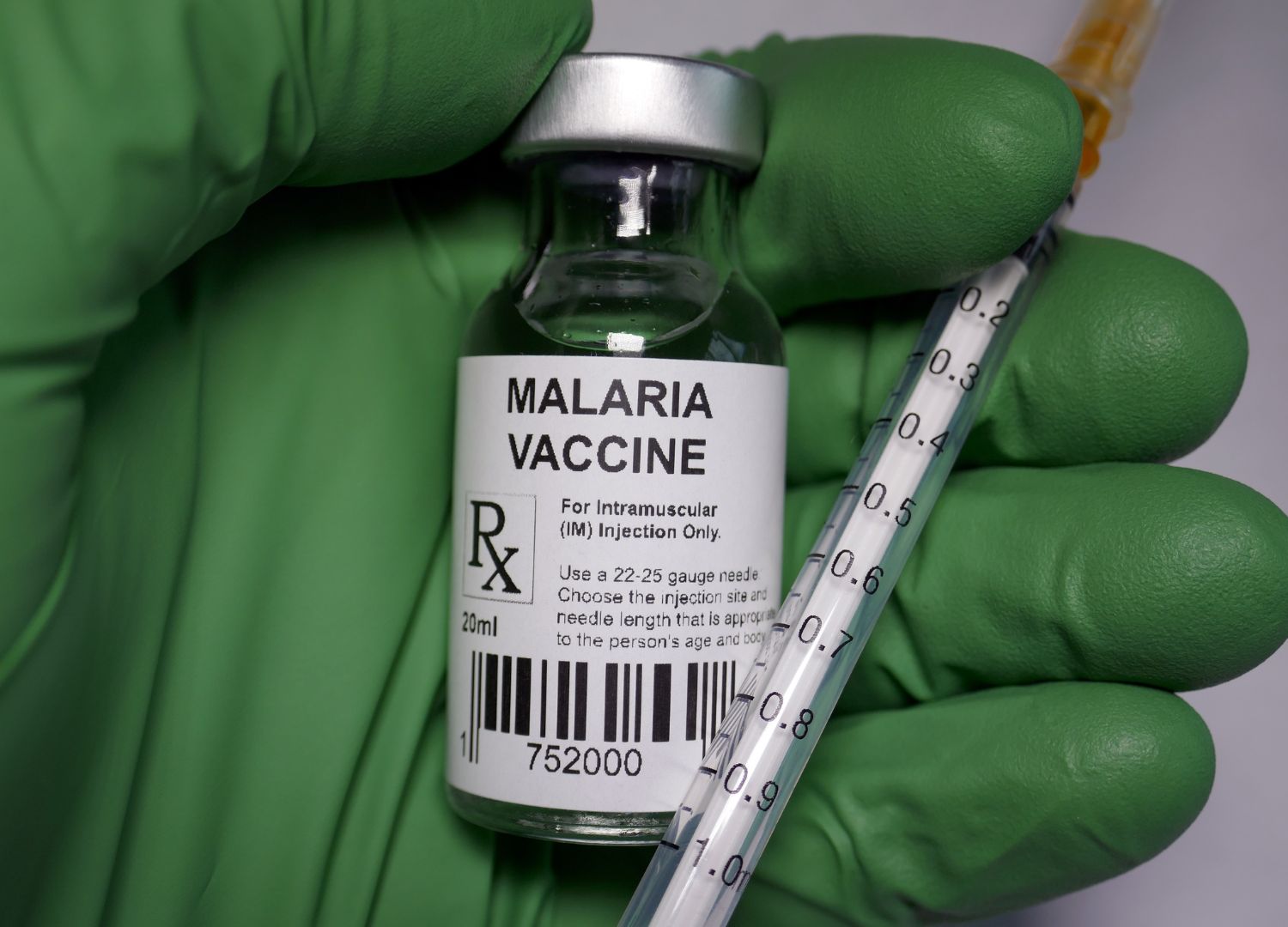COVID 19 has helped to open up one important aspect of inequality across the globe; health care. There have been global concerted efforts to improve the quality of life across the globe over the past few decades. But the COVID 19 infection has thrown this “noble’ position into question.
There is a shortage of coronavirus vaccines in Africa while high income countries have access to vaccines through political and economic positioning. As of October 2021, Africa has only vaccinated just 6% of its population as against 70% of high income countries vaccinating more than 40% of their people.
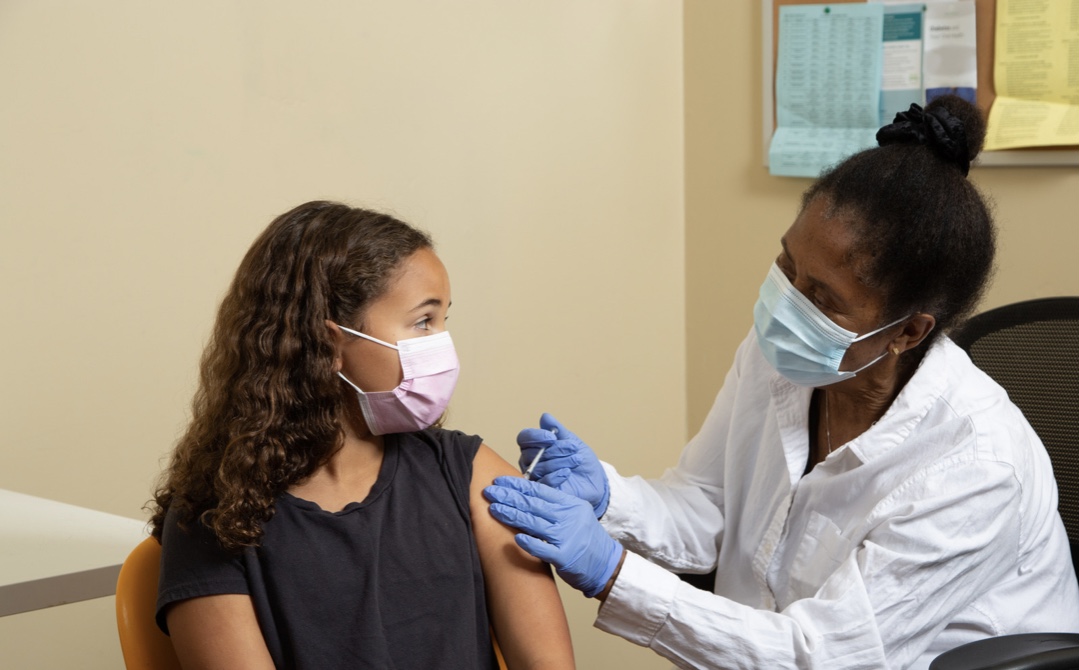
There is a need for effective vaccine coverage in Africa as Africa is one of the most populous continents with over 1 billion people. This underscores the importance of vaccinating Africans as they form a significant proportion of the world population. Peculiarities of the African continent such as under development, poor vaccination structure, scarcity of medical staff and equipment, make Africa a priority to ensure vaccine coverage is adequate.
But the truth is, until everyone is safe, no one is safe. COVID 19 has developed multiple strains since the pandemic started and vaccine shortage has been fingered as a significant contributor to these new strains.
An important approach to tackling vaccine shortage is to increase production. Africa should begin to coordinate resources in to drive production of vaccines. African pharmaceutical companies should begin liaising with each other and begin to share critical information to ensure that production is accelerated and COVID 19 vaccine production becomes a reality.

But for now, improving supply is a two-prong approach, maximizing supply and reducing wastage. COVAX is an alliance that aims to accelerate the development and production of vaccines, and guarantee equitable distribution. Leveraging such alliances will ensure that Africa gets access to vaccines and coordinated efforts among African countries will aid in speedy access to vaccine supply chain. Also, improving vaccine transportation and distribution through efficient methods of vaccine dispersal ensures vaccines are used efficiently and that they have the desired effect of immunization. Political and economic liaising with high income countries will also help to restore Africa’s position as an important player in global affairs.
Importantly, planning in Africa must become intentional. This ensures quick identification of challenges and appropriate correction. We cannot expect to achieve efficient vaccine distribution and minimize shortage with poor planning. To achieve this, we must improve our existing vaccination systems with the aim of ensuring that we develop skills in vaccine transport, storage and distribution. This will help reduce shortage that results from faulty planning and vaccination will become more effective.
Commonly identified factors in our vaccination system include inefficient cold chain system, vaccine hoarding, poor uptake, etc. These need to be looked at closely to come up with the much needed solutions.
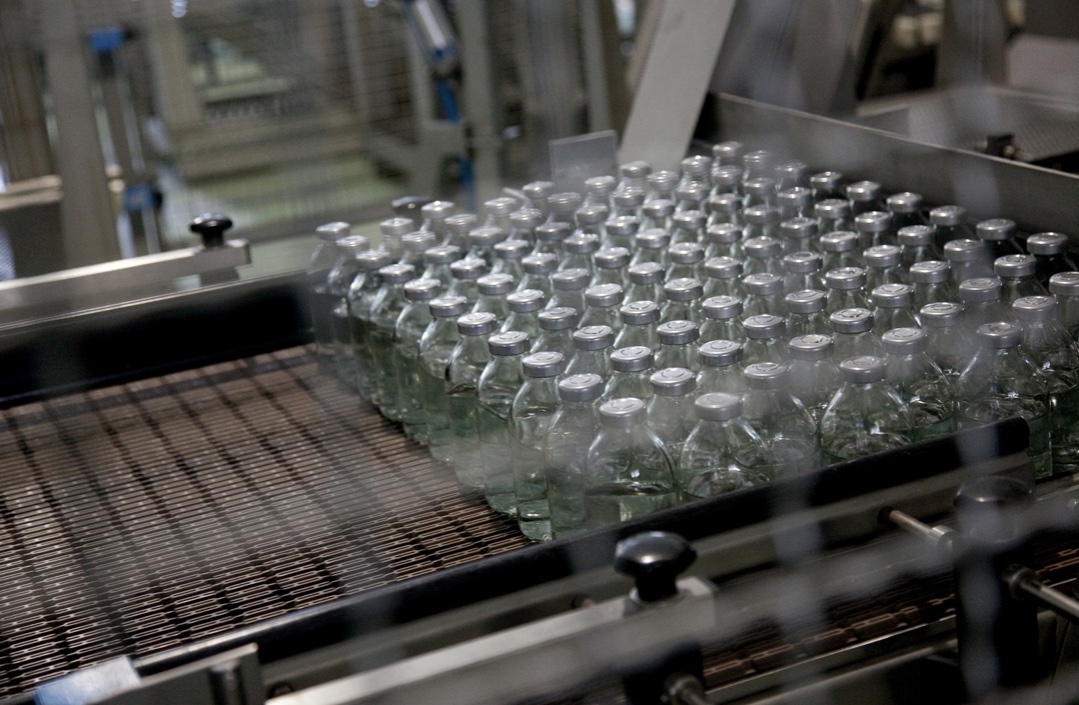
In conclusion, Africa needs to develop her own vaccination production and improve the distribution of vaccines across board. We need to move from blaming game and take our future in our hands.
